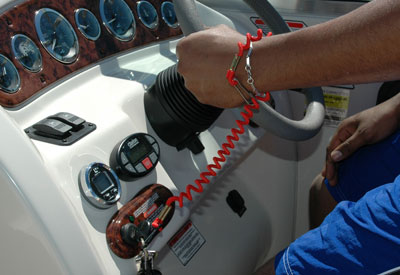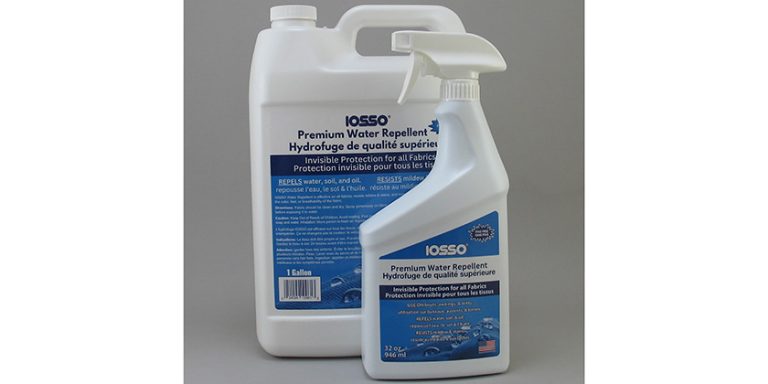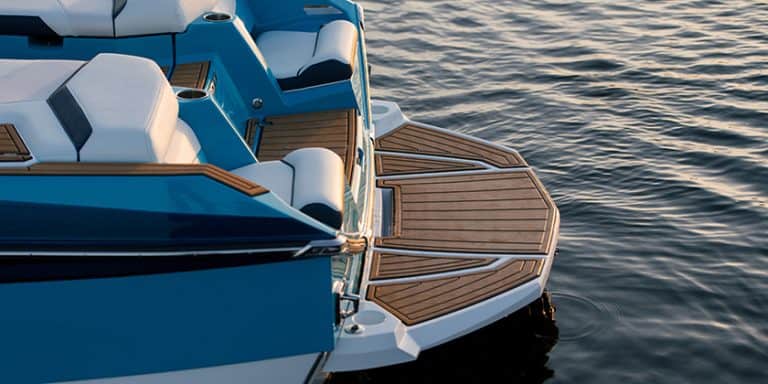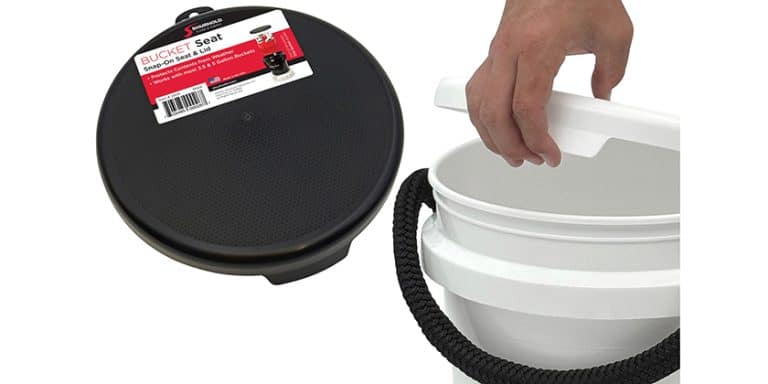Preventing Boat Propeller Accidents

Apr 25, 2017
During the AGM, Captain Tom Boross, Chief, Auxiliary & Boatng Safety at U.S. Coast Guard, gave a presentation relatng to injuries and deaths as a result of boat propeller accidents. During the ten year span, 2006‐2015, there were 1,817 accidents and 251 deaths in the U.S. as a result of propeller accidents. This is an average of 182 accidents and 25 deaths per year. Most of these accidents were preventable.
Far too often we read accounts like the following:
“What should have been a day of fun quickly turned into a tragedy when a 16‐year‐old girl was killed by a boat propeller in a terrible accident. The girl had been tubing when she fell off her raft and was run over by the boat that had been pulling her.
“Emily was enjoying a day on the water with her friends when she was tragically killed. After falling off of the tube she was being pulled on, Emily got caught in the propeller of the boat that had been pulling her and a friend.”
A typical three‐blade propeller running at 3,200 rpm can inflict 160 impacts in one second. A typical recreational propeller can travel from head to toe on an average person in less than one tenth of a second.
Avoiding Propeller Injuries
• Wear your engine cut‐off switch lanyard and your life jacket at ALL times. If the lanyard is removed
• from the switch, the engine will shut off. Wireless cut‐off switches are also available.
• Assign a passenger to keep watch around the propeller area of your boat when people are in the
• water.
• Consider purchasing propeller safety devices for your boat.
• Before starting your boat, walk to the stern and look in the water to make certain there is no one
• near your propeller (people near propeller may not be visible from helm).
• Never allow passengers to board or exit your boat from the water when engines are on – or idling (your propeller may continue to spin).
• Be especially alert when operating in congested areas and never enter swimming zones. Take extra
• precautions near boats that are towing skiers or tubers.
• Never permit passengers to ride on the bow, gunwale, transom, seatbacks, or other locations where they might fall overboard.
Courtesy of Okanagan Power and Sail Squadron




























